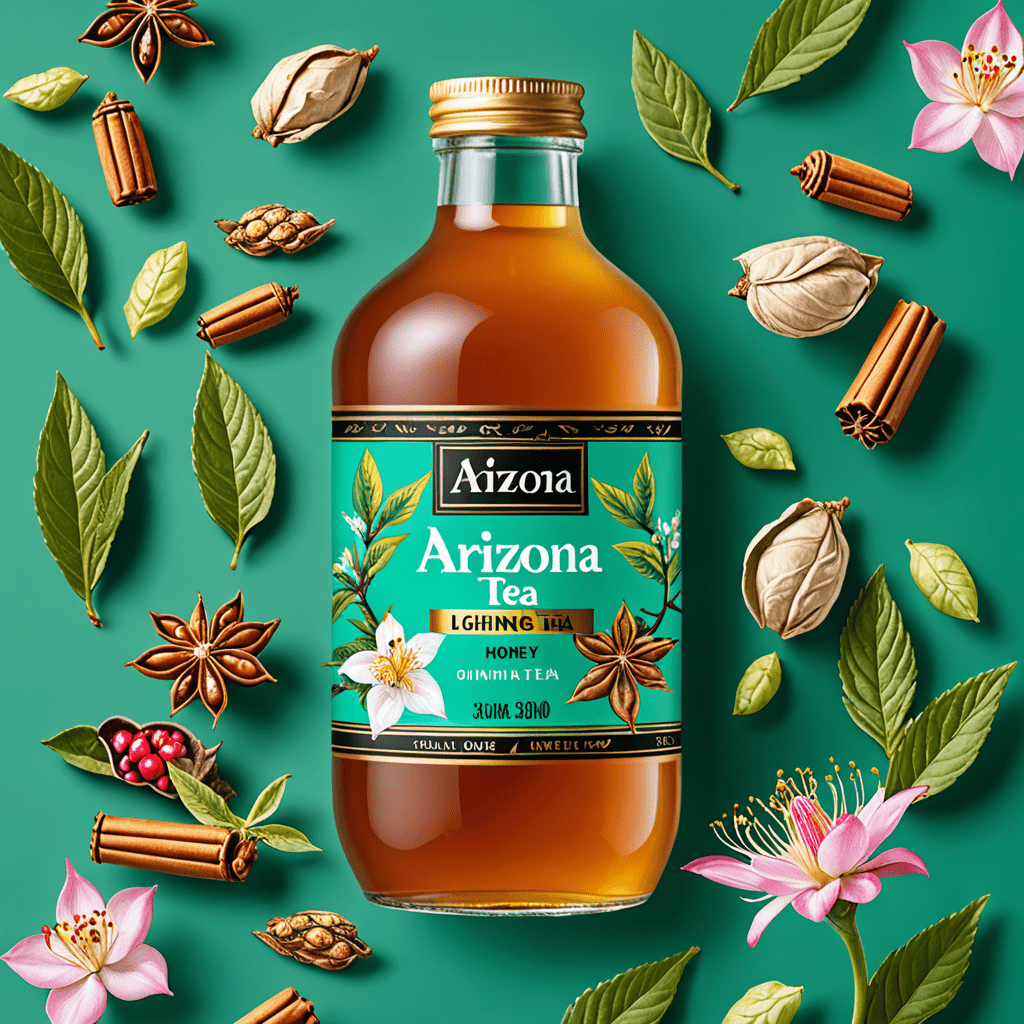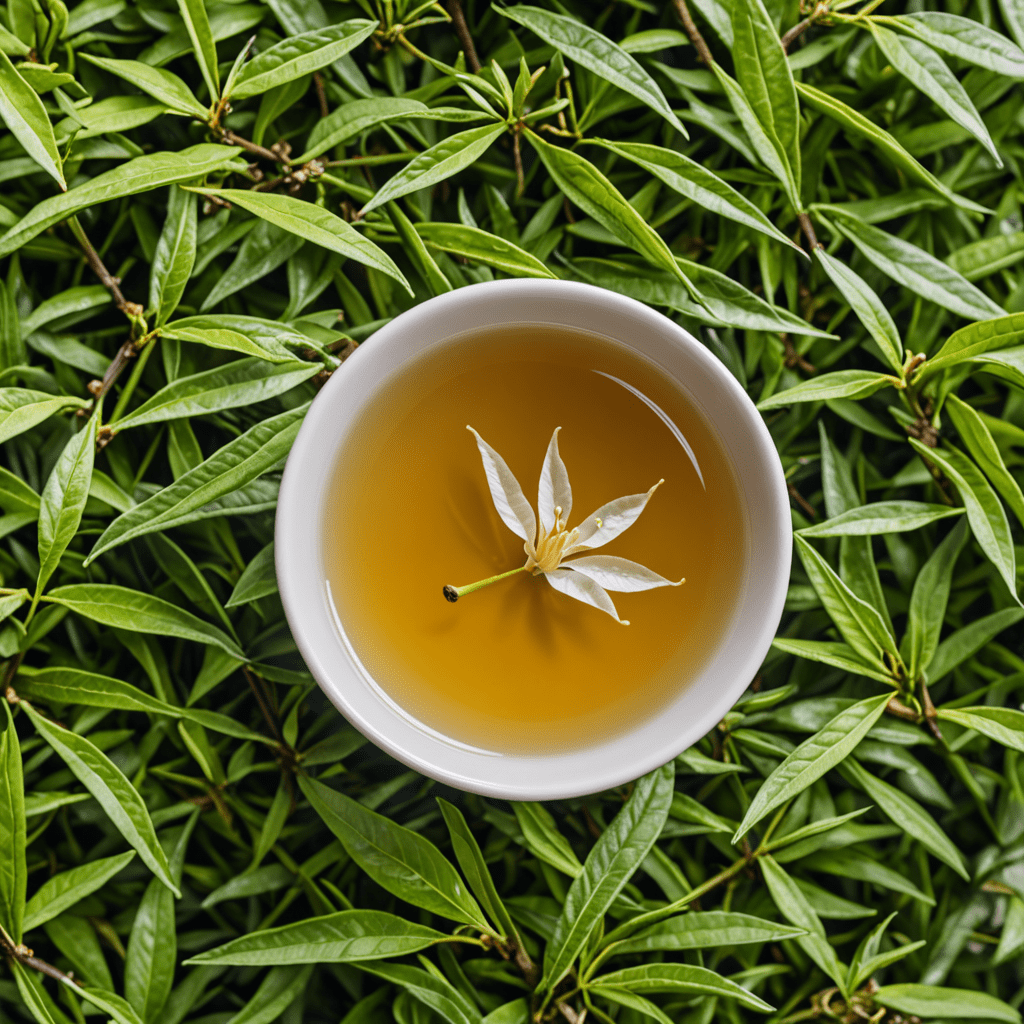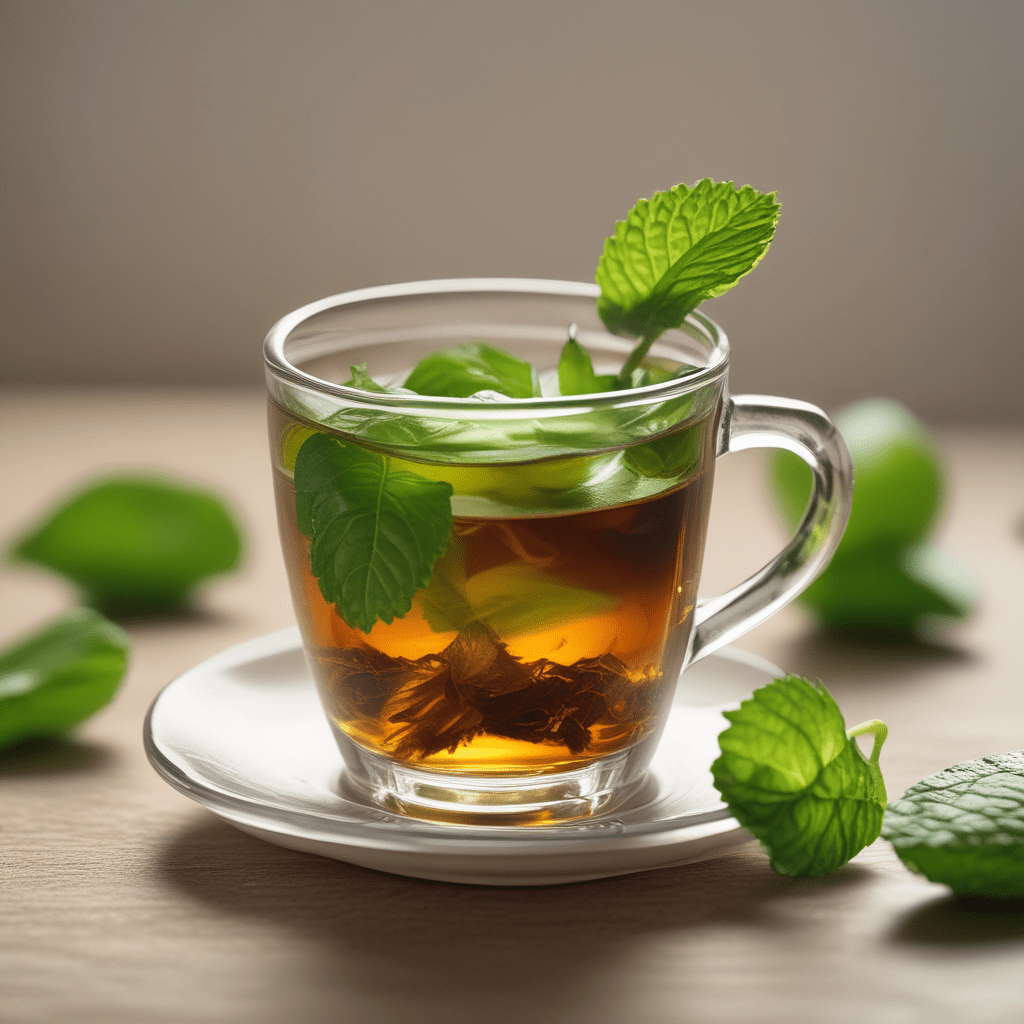1. Introduction: Ceylon Tea's Origins and Historical Importance
Ceylon tea, renowned for its exquisite flavor and aroma, has captivated tea enthusiasts worldwide. Its journey to international recognition is a captivating tale intertwined with colonial history, agricultural advancements, and global trade. The origins of Ceylon tea can be traced back to the mid-19th century, when British planters introduced tea plants to the fertile hills of the island nation of Ceylon, now known as Sri Lanka.
2. The Early Days: Planting and Cultivation in Ceylon
During the early years, tea cultivation in Ceylon faced challenges due to unfamiliar soil conditions and the lack of expertise among local farmers. However, the dedication of British planters and the introduction of skilled laborers from South India laid the foundation for the industry's success. Trial and error led to the identification of suitable growing regions and the development of specialized cultivation techniques.
3. The Rise of the Tea Industry in Ceylon
By the late 19th century, the Ceylon tea industry had gained momentum, with plantations expanding rapidly across the island. The establishment of tea factories marked a significant turning point, allowing for the processing and packaging of tea on a large scale. The industry became a major economic driver, contributing significantly to Ceylon's prosperity and transforming it into a global tea exporter.
4. Ceylon Tea: A Global Commodity
As demand for Ceylon tea soared, it became a highly sought-after commodity on the international market. British merchants played a crucial role in facilitating trade, establishing connections with tea buyers around the world. Ceylon tea's reputation for quality and consistency quickly spread, attracting consumers in Europe, North America, and beyond.
5. The Development of Unique Processing Techniques
Ceylon tea's distinct flavor profile is attributed to the unique processing techniques developed by tea manufacturers. The orthodox method, which involves withering, rolling, oxidation, and drying, has been refined over time to produce teas with a wide range of flavors and characteristics. Additionally, the development of innovative techniques, such as the Continuous Fermentation Process (CFP), has further enhanced the quality and consistency of Ceylon tea.
6. Innovations and Quality Enhancements
Ceylon tea manufacturers have continuously invested in research and development to enhance the quality and consistency of their products. The introduction of modern machinery, improved cultivation practices, and rigorous quality control measures have contributed to the production of teas that meet the highest international standards.
7. Ceylon Tea's International Reception and Acclaim
The exceptional quality of Ceylon tea has earned it worldwide recognition and acclaim. It has consistently received accolades at prestigious tea competitions, with its distinctive flavors and aromas impressing both tea connoisseurs and casual drinkers alike. Ceylon tea is often considered the benchmark against which other teas are measured.
8. Global Trade and Distribution
Ceylon tea has established a global presence, with major export markets in countries across Europe, Asia, and the Americas. Its distribution network spans international tea traders, wholesalers, and retailers, ensuring that Ceylon tea is readily available to consumers worldwide.
9. Branding and Marketing of Ceylon Tea
The Ceylon Tea Board plays a pivotal role in the branding and marketing of Ceylon tea internationally. Through targeted campaigns and promotional activities, the board seeks to promote awareness of the unique qualities of Ceylon tea and reinforce its reputation as a premium product. This has been instrumental in building strong brand loyalty among consumers worldwide.
10. Legacy and Enduring Appeal of Ceylon Tea
Ceylon tea has left an indelible mark on the world tea industry. Its rich history, exceptional quality, and global recognition have cemented its status as a treasured beverage. The enduring appeal of Ceylon tea lies in its ability to captivate the senses and create a truly memorable tea experience.
FAQs
Q: What is the secret behind the unique flavor of Ceylon tea?
A: Ceylon tea's distinctive flavor profile is attributed to a combination of factors, including the island's unique climate, the high elevation of tea gardens, and the traditional processing techniques employed.
Q: How is Ceylon tea processed?
A: Ceylon tea is typically processed using the orthodox method, which involves withering, rolling, oxidation, and drying. This method allows for the development of a wide range of flavors and characteristics.
Q: What is the difference between Ceylon tea and other black teas?
A: Ceylon tea is often considered superior to other black teas due to its well-balanced flavor, bright color, and refreshing aroma. Its high elevation and optimal growing conditions contribute to its distinctive taste profile.
Q: How can I ensure I am purchasing genuine Ceylon tea?
A: To ensure you are purchasing authentic Ceylon tea, look for the Lion Logo of the Ceylon Tea Board, which guarantees the tea has been produced and packed in Sri Lanka.


